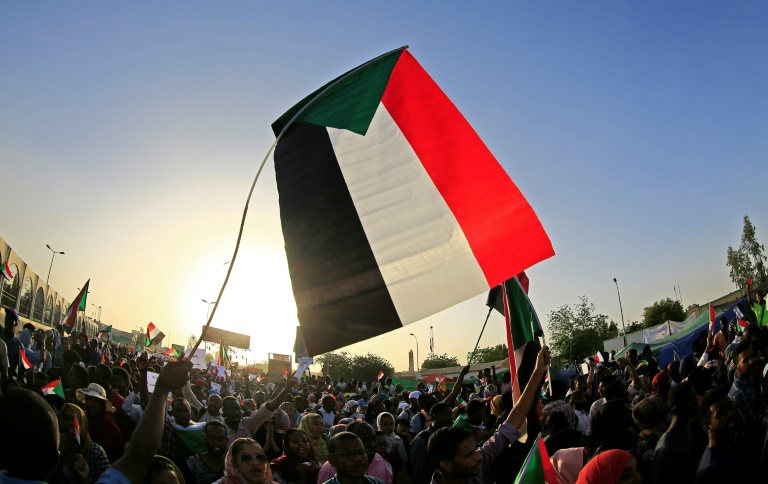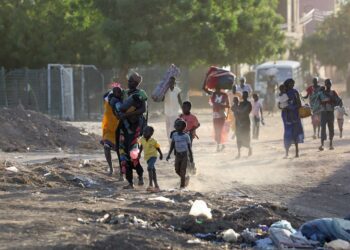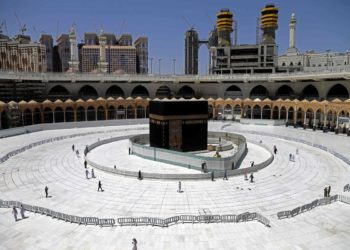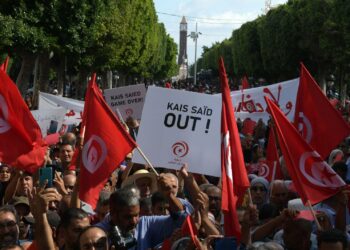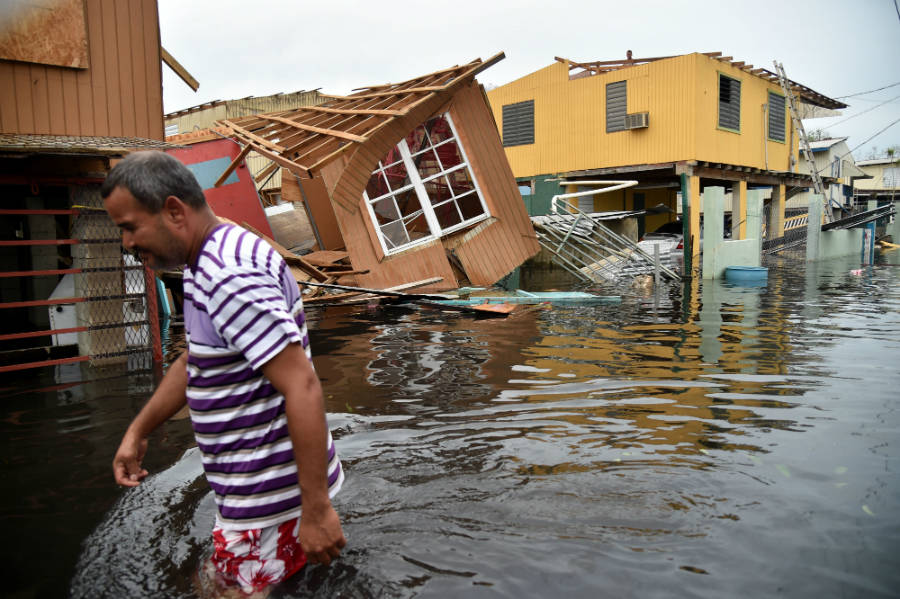In an attempt to further their influence in the Middle East and North Africa, Saudi Arabia, the United Arab Emirates, and Egypt have been interfering in Sudan’s tense political climate to fight back against the rise of democracy, experts say.
Since December, Sudanese democracy supporters have taken to the streets of Khartoum to protest rising inflation and their autocratic President Omar al-Bashir. On April 11, they succeeded in removing the president of three decades from power and began the ongoing battle towards a civilian government.
Once al-Bashir was ousted, the Transitional Military Council assumed control of the government to oversee the transition of power. However, protestors wanted a civilian government in charge, so they held peaceful sit-ins outside the Transitional Military Council’s headquarters to urge its leaders to hand over power to civilian leadership.
Throughout May, generals and protest leaders were in talks to try and find a compromise but in early June, those talks broke down. Immediately after, on June 3, Sudan’s Rapid Security Forces stormed protestors outside the headquarters, killed 100 people and injured many more.
However, the decision to use deadly force may have been influenced by Sudan’s neighbors. In late May and early June, Sudan’s military leaders met with Saudi, UAE, and Egyptian leaders to talk about the ongoing pro-democracy situation in Sudan.
General Abdel Fattah al-Burhan, the head of the Transitional Military Council, headed to Egypt and UAE to meet with their leaders following the breakdown of peace talks. While his counterpart General Mohamed Hamdan Dagalo, the head of the Rapid Support Forces, met with Saudi’s Crown Prince Mohammed Bin Salman to talk about the rise of democracy.
Immediately after the talks, it appeared that Sudan’s generals took some ideas from Egypt’s playbook. In August 2013, Egyptian security forces killed 800 pro-democracy protestors after democratically elected President Mohamed Morsi was ousted.
Saudi Arabia and UAE’s influence also runs throughout Sudan’s economy. When al-Bashir was first ousted, Saudi Arabia and the UAE pledged $3 billion to help boost it. They proposed to give a one time deposit of $500 million to the Sudanese Central Bank and then give the rest of the $3 billion in food, medicine, and petroleum packages.
#GulfInSudan
At GIF Panel “The (counter) Revolution in Sudan: A Litmus Test of Gulf Influence”@BillLawrence11:
My main point, while the protests in #Sudan are quite similar to the #ArabSpring, Sudanese learned lessons from previous experiences, similar to protestors in #Algeria pic.twitter.com/MSAZ9u7yBC— Gulf Int'l Forum (@GulfIntlForum) June 21, 2019
Why Is Sudan Important?
Sudan is a country that is rich in oil, land, and water and has become a pawn in the fight to gain dominance in the Middle East and North Africa. Saudi Arabia and Iran have meddled in countries throughout the Arab world to influence their governments and people to benefit themselves.
“There is a struggle for power in the region and essentially the two big players, Iran and Saudi Arabia, are competing for dominance in the broader Middle East,” said Nabeel Khoury, a non-resident senior fellow at the Atlantic Council, at a Gulf International Forum panel on Friday.
“In that struggle, the rest of the countries in the regions are seen as pawns, which victimized them because their problems are not looked at as problems belonging to that country, but simply as to whether they fall into this camp or that camp.”
Today Niemat sat as a panelist at the @GulfIntlForum to discuss the (counter) revolution in #Sudan – "the determination of the people of Sudan is stronger than the violent actions of the government" pic.twitter.com/n0VlrrJd0f
— Darfur Women Action Group (@DWAG6) June 21, 2019
At the same time, other Middle Eastern country’s leaders are looking to Sudan and seeing a democratic uprising they hope not to see in their own nations. Protestors in Sudan are a well-organized group that is making strides towards a civilian-led government and have the potential to succeed. However, Saudi Arabia and the UAE want a dictator to remain in power and will stop at nothing to achieve that, according to Khoury.
“With this latest uprising in Sudan, it harkens back. They say to themselves, we just barely finished getting rid of the 2011 uprising and here comes the Sudanese to again revive it. And if a democratic movement succeeds in Sudan it would have repercussions throughout the region,” he said.


